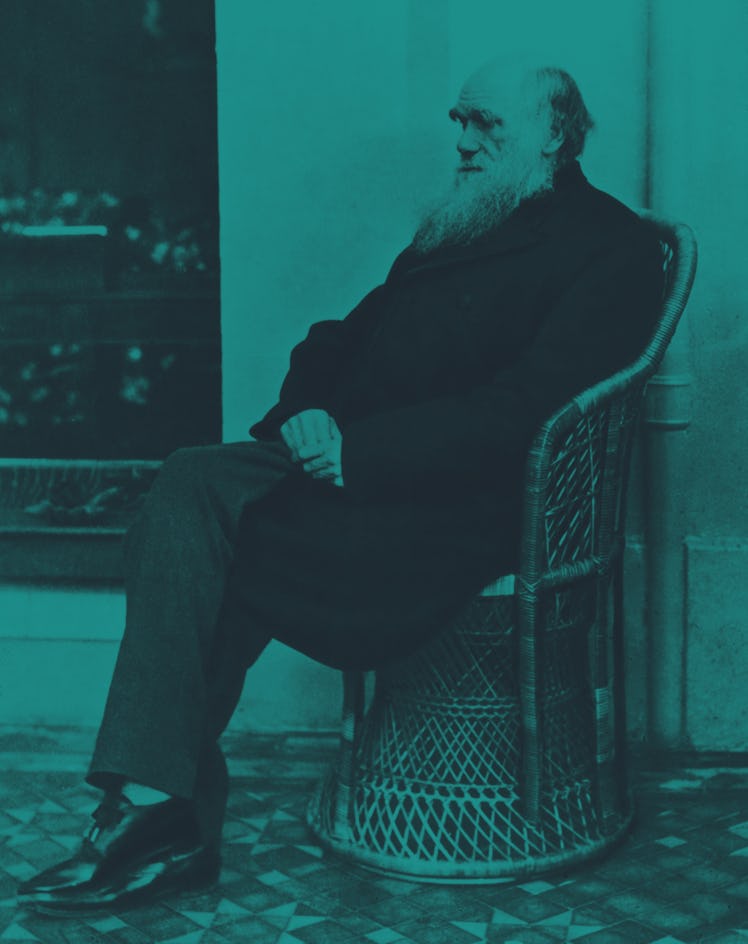This Chart Proves Every Single Famous Genius Has One Thing In Common
The common link between geniuses’ habits isn’t what you would think.

Have you ever wondered how some people always seem to have enough time in their day to get their to-do list done — and they have a lot more on their plate than you do? Trying to find enough time in the day is a common problem, but a new chart breaks down how famous geniuses spent their time. Are they putting in longer work hours? Do they get eight hours of sleep? Here’s what we found out.
Visual Capitalist recently shared a fascinating visualization designed by RJ Andrews from InfoWeTrust, charting how 16 of the most famous geniuses spent their days. Andrews chose to highlight some of the “inspired minds” covered in the 2013 book Daily Rituals: How Artists Work by taking a closer look at what they do in 24 hours between work, leisure, sleep, and more.
The 16 geniuses in the chart breakdown include Sigmund Freud, W.A. Mozart, P.I. Tchaikovsky, Maya Angelou, L.V. Beethoven, and Charles Darwin, among others. There are a few interesting takeaways for how they spent their time — and sleep is a big one.
We’ve all been told that sleep is important for overall health, including energy levels and brain cognition. But for some reason, there’s a toxic idea that to be successful, you need to sacrifice sleep. The data on the geniuses, however, says otherwise.
According to the National Heart, Lung and Blood Institute, experts recommend adults sleep between 7 and 9 hours each night — and each of the 16 geniuses in the chart hit that mark.
“Most of these brilliant minds made sure to get a good rest, with an average of 7.25 hours of sleep across the board,” Visual Capitalist notes.
When they slotted in their sleep, however, varied widely. French novelist Gustave Flaubert, for example, tended to go to bed around 3:00 a.m. But another French novelist, Honoré de Balzac, usually slept from 6:00 p.m. to 1:00 a.m. and took a 1.5-hour nap in the morning.
In addition to getting enough sleep, the geniuses had varying blocks of time set aside for their primary work. But, interestingly, many of them also had around the same number of hours dedicated to creativity, whether that be having lunch, reading, or visiting with friends.
Some of them also held habits that could be considered a bit odd. Beethoven, for instance, had coffee for breakfast — and made sure that there were exactly 60 coffee beans per cup, the number of beans he had determined to ideal. Victor Hugo visited the barber every day. And many of the geniuses smoked cigars or cigarettes; Freud could smoke as much as 20 cigars each day.
Also, it’s crucial to note that none of these men (and Maya) could accomplish all this on their own. They had an army of people — their partners, friends, co-workers, etc. — who picked up some of the workloads to help the geniuses get their to-do lists done and still be able to have time for leisure and sleep.
This article was originally published on